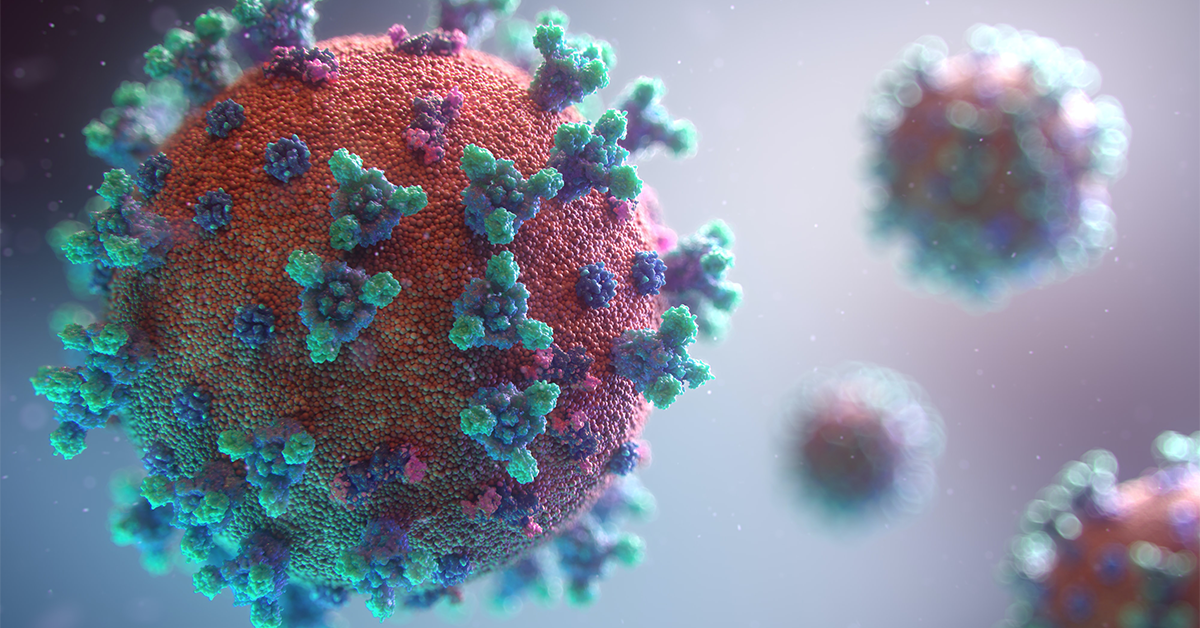
02 Feb COVID-19 vs. Intellectual Property, an international dilemma
On 2 October 2020, India and South Africa asked the World Trade Organization (WTO) to waive intellectual property rules internationally for all medicines, vaccines, or diagnostic tests aimed at treating COVID-19 until global herd immunity is achieved, which the World Health Organization (WHO) estimates at 70% of the world’s population. The initiative led by India and South Africa already has the support of some 100 countries, but is opposed by several others, including the United States and the European Union as a supranational entity.
The proposal for a temporary IP waiver in response to COVID-19 would allow generic manufacturers to produce the COVID-19 vaccines, medicines or tests needed to contain and defeat the pandemic at prices well below those set by the companies that have intellectual property rights over them. Thus, the main objective of the proposal is that countries with fewer economic resources can also acquire and have access to the cures for this virus that has spread around the globe.
The countries opposing the petition led by India and South Africa argue that a mechanism is already in place to enable COVID-19 medicines and vaccines to reach the world, the ACT Accelerator, which is a global collaborative initiative to accelerate the development and production of COVID-19 tests, treatments and vaccines and to ensure equitable access to them. One of the most important aspects of the ACT Accelerator is the COVAX initiative, which aims to ensure equitable access to the vaccines that are developed against COVID-19. The aim is to provide the 187 partners with 2 billion vaccines by 2021, including the 92 low- and middle-income countries that cannot afford them.
However, the international actors promoting the above-mentioned waiver of patent rights consider that the ACT Accelerator, and specifically the COVAX initiative, although they are good tools to slow down and/or eliminate the spread of COVID-19 on a global scale, are not fast enough in relation to the speed of spread and mortality of the virus, and therefore require stronger measures. In this regard, they call for at least a similar path to that followed with HIV/AIDS 20 years ago.
In 2001, WTO Member governments adopted by consensus the Declaration on the TRIPS Agreement and Public Health at the Fourth WTO Ministerial Conference in Doha, Qatar. Its aim was to respond to the concerns expressed by various states and public interest groups, such as India and South Africa, that the TRIPS Agreement might make it more difficult for patients in poor countries to obtain certain medicines. Thus, international actors wanted to know whether the flexibilities provided for in the TRIPS Agreement were sufficient to ensure the Agreement’s support for public health, in particular to promote affordable access to existing medicines while at the same time encouraging research and development of new medicines.
The Declaration responded to these concerns by clarifying several important aspects of the TRIPS flexibilities. On compulsory licensing, the Declaration makes it clear that any Member is free to determine the basis on which such licenses are granted. The TRIPS Agreement refers to different grounds on which compulsory licenses may be granted, including national emergencies and other circumstances of extreme urgency. The Declaration indicates that each Member has the right to determine what constitutes a national emergency or other circumstances of extreme urgency, and that crisis affecting public health, such as HIV/AIDS, tuberculosis, malaria, and other epidemics, may be considered situations of this nature.
As a result of the Doha Declaration, different countries, such as India and South Africa, made use of compulsory licensing and started to produce generics of medicines protected by patent rights to treat, among other diseases, HIV/AIDS, making treatments much cheaper and more accessible to the public.
However, the Doha Declaration did not imply the creation of new measures to relax intellectual property rights, but rather reaffirmed those already existing in the TRIPS Agreement. In short, the Doha Declaration answered the question of whether a crisis affecting public health, such as the HIV/AIDS virus, could be considered a national emergency. Therefore, adopting the same path as the Doha Declaration would mean that WTO Members would decide by consensus that the COVID-19 virus is a national emergency, and thus be able to grant compulsory licenses on that basis. Choosing this path would be a departure from the initial request to waive patent rights internationally for all those medicines, treatments or vaccines that treat COVID-19, so for international actors led by India and South Africa pursuing the same path as the Doha Declaration is a subsidiary measure to the main one, i.e. the waiver of all intellectual property rights.
In short, we are facing a very complicated situation at the international level, which forces WTO Member States to take decisions in a cautious manner and considering all the factors that come into play. The TRIPS Council has held numerous meetings since October 2020 to decide whether to waive patent rights at the international level for all medicines, vaccines, treatments, or diagnostic tests aimed at treating COVID-19, whether to issue a new Declaration declaring COVID-19 to be a national or international emergency, or whether to simply maintain the situation as it is at present. There is no doubt that this generates great concern to all actors related to intellectual property and, of course, to global health. We will keep an eye on the evolution of this issue.
Written by Albert Olea
Photo by Fusion Medical Animation on Unsplash



